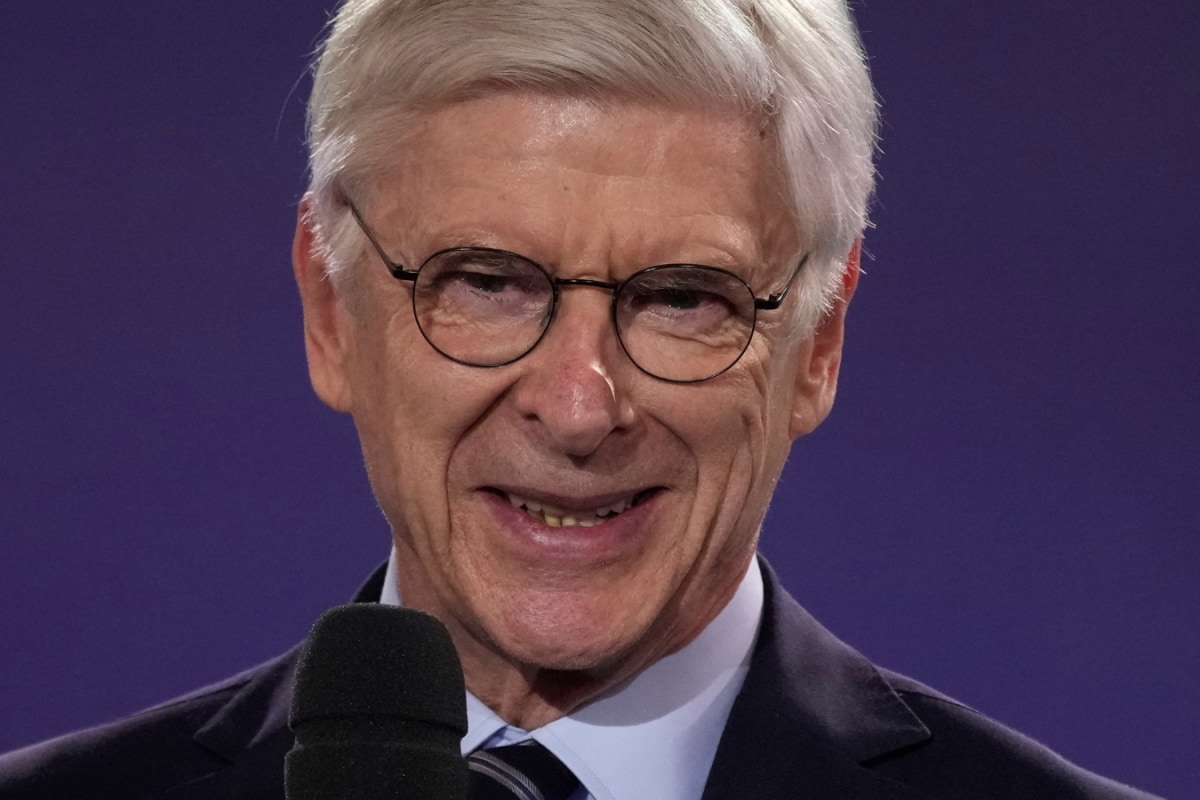

Arsène Wenger, FIFA's Chief of Global Football Development, has been a vocal proponent of the expanded FIFA Club World Cup, highlighting its potential to bridge the gap between European football and the rest of the world. With the inaugural 32-team tournament set to take place in the United States in the summer of 2025, Wenger's vision centers on creating a more level playing field and fostering the growth of football globally.
Wenger argues that the Club World Cup offers clubs outside of Europe a unique opportunity to strengthen and develop. He points out that currently, the majority of the world's top footballing talent gravitates towards Europe due to the higher level of competition and resources available. By creating a more inclusive and competitive global club landscape, the Club World Cup can incentivize talented players to stay and develop in their home countries, ultimately raising the standard of football worldwide.
The expanded Club World Cup aims to unite the world through club football, with qualified clubs representing all six confederations. This provides a platform for clubs from different regions to measure themselves against top opponents and gain valuable experience. For players whose national teams may not have a realistic chance of winning the FIFA World Cup, the Club World Cup offers an alternative avenue to achieve global recognition and lift a major trophy.
Wenger's vision extends beyond just competition; he emphasizes the importance of talent development and coach education. FIFA has launched a Talent Development Programme, active in over 200 member associations, to identify and nurture young talent around the world. Wenger believes that by investing in these areas, FIFA can help close the gap between the established footballing powers and emerging nations.
However, the expanded Club World Cup has faced criticism, particularly regarding the potential strain on players due to an already congested football calendar. Concerns have been raised about the lack of rest time between the tournament and the start of domestic seasons. Wenger has acknowledged these concerns, emphasizing that the tournament will be held every four years, and rest periods will be respected. He also highlights advancements in sports medicine and player welfare, which have significantly improved player recovery and injury prevention.
To ensure the tournament's success and contribute to the global understanding of the game, Wenger will lead a Technical Study Group (TSG) at the FIFA Club World Cup 2025. The TSG, comprised of prominent footballing figures, will analyze matches, identify tactical trends, and provide insights to coaches and fans worldwide. This initiative aims to elevate the global comprehension of football through meticulous analysis and the sharing of knowledge.
Wenger's long-term vision is to create a more balanced and competitive global football ecosystem, where clubs from all regions have the opportunity to thrive. The FIFA Club World Cup, in his view, is a crucial step towards achieving this goal, fostering development, and providing opportunities for players and clubs worldwide. While challenges remain, Wenger's commitment to globalizing football and bridging the gap between Europe and the rest of the world remains steadfast.